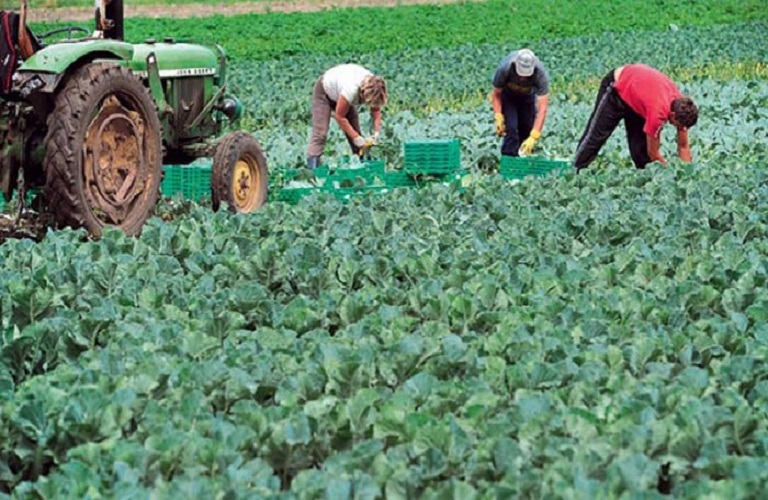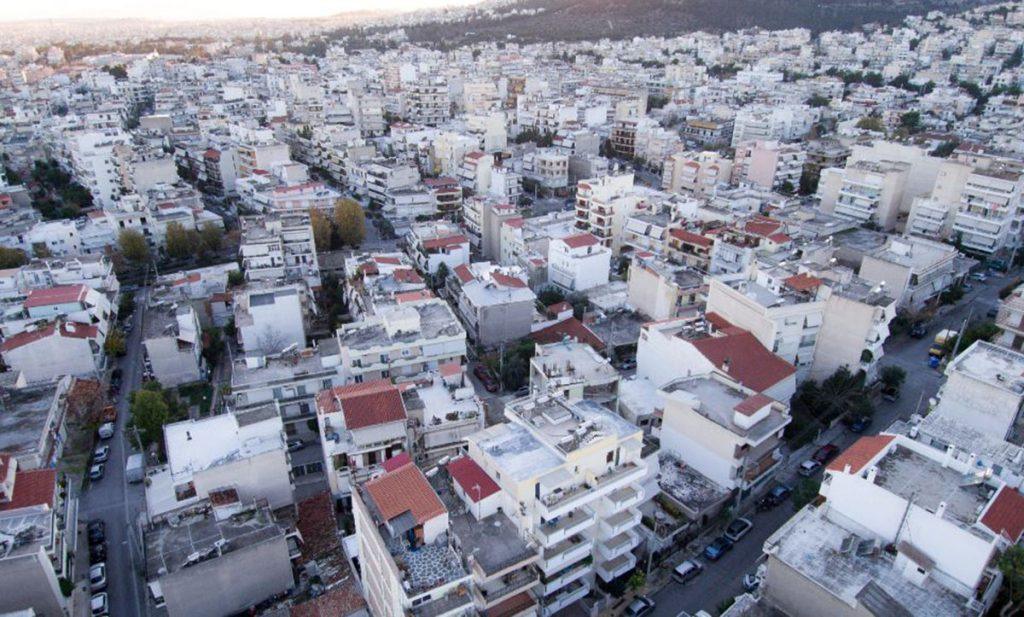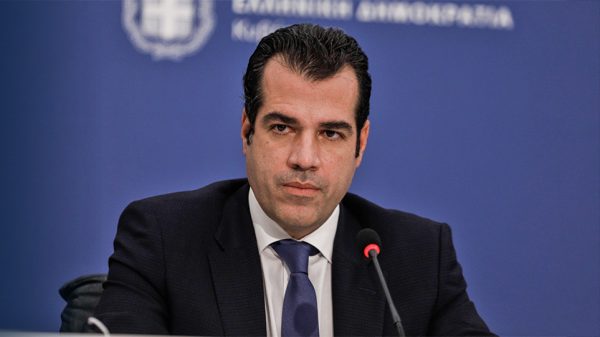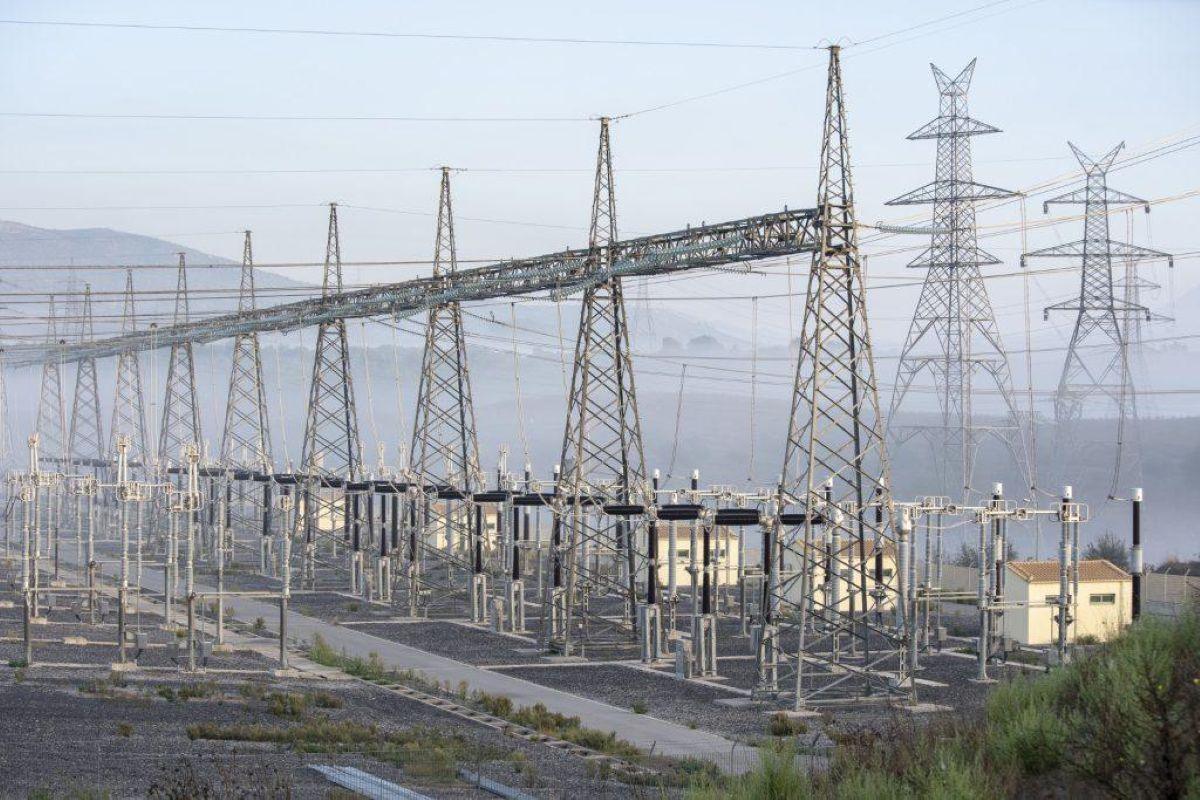There has been a furore in the ranks of farmers across the country over the ongoing labor shortage, which they say has led to both skyrocketing wages for those who remain and large increases in production costs that are ultimately passed on to consumers. Indicative of the importance of the issue is the number of people allegedly lacking from Greek fields, with trade unionists speaking of a dearh of more than 25,000 workers. Already, in fact, those employed on the land are coordinating nationwide in order to find solutions, putting even the possibility of mobilizations on the table.
On the occasion of the issue of the lack of land workers, agricultural associations from Crete and Messinia have already sent letters to Prime Minister Kyriakos Mitsotakis in their attempt to highlight the problem. According to the president of the Unified Agricultural Association of Ierapetra, Yiannis Gaitanis, the lack of workers even reaches 40%. “At the moment there are not enough workers to pick our olives and vegetables, as a result of which the whole “chain” is under-functioning,” he describes to “NEA” newspaper. A serious problem, as he underlines, has also arisen from the delay of the competent decentralized administrations in issuing decisions, as “as soon as the documents were submitted, it took three months for there to be any result”.
Applications and fees
According to Mr. Gaitanis, depending on what one cultivates, one is entitled to a certain number of workers. In particular, the approved file with the number of workers requested is sent to the Greek embassies in Pakistan and Egypt. Focusing on Ierapetra, he explained that his colleagues need about 7,000 land workers per year, but for six months there are only 1,500 approved applications at the embassies. At the Greek embassy in New Delhi – which serves India as well as Bangladesh – there are approved applications from May 2022, but the workers have not yet been called for the necessary interview. At the same time, Yiannis Gaitanis notes that Ierapetra has paid 200,000 euros in fees for workers who should have already arrived.
Farmers in the Prefectures of Pella and Imathia face the same problem. The number of land workers is decreasing year by year, according to the president of the Pella Agricultural Cooperative Michalis Farmakis: “In Pella Prefecture, with the thousands of acres in fruit trees, we need around 15,000 workers and the available ones are 5,000 and they are constantly decreasing”. As he says, the immediate plans of the growers are to make moves to bring land workers from Vietnam to the area, however he is not optimistic that an agreement will be reached. At the same time, efforts were made to bring people from Egypt, but they came to naught, since their demands could not be met. “They wanted to send any people they wanted, while they asked us to pay for the transportation tickets,” he describes.
Complaints of workers
As far as the Prefecture of Ilia is concerned, around 6,000 workers are needed, while – on paper – there are around 1,000 people, according to the president of the Pyrgos Agricultural Cooperative, Michalis Plastourgos. For his part, the president of the Agricultural Association of Filiatra, Aggelis Korovilas, says that at the moment most available workers lack documents and it is not possible to “legalize” them. “We have made requests to bring migrant land workers from India and Pakistan and still nothing has been done. Personally, I need 15 people and I’m left with five,” he says. Around 4,500 legitimate workers are needed in the Trifilia area, but most of those who worked in the area in previous years left for Spain and Italy. In addition, Aggelis Korovilas complains that “there are complaints by workers about embassies in which if the workers themselves who have been invited do not pay a certain amount, they do not allow them to travel to Greece”.
Change context
The president of the Agricultural Association of Gargalianoi, Asimakis Demeroukas, says that a change of framework is needed to solve the problem of the lack of land workers. In the wider area, greenhouses have been left unplanted, while the olive fruit was harvested, but later than usual, resulting in losses in quantity as well as in quality. “The issue is not that the workers come for six months and we make them a blind invitation. We want the workers to get a visa, to have a name, clean criminal record and know that they are healthy. That’s what Italy did and managed to get all it needed,” he says.
At the same time, there are more than a few who talk about pressures from the workers’ side as far as wages and working hours are concerned. “They are blackmailing us bluntly” complains the president of the Unified Agricultural Association of Ierapetra, explaining that the daily wage has now reached 50 euros, while normally it is 32 euros. However, there is also a problem with the housing of the land workers, according to the president of the Filiatra Agricultural Association. As he mentions, the employer can rent them a house to stay and they, on their own initiative, choose to rent the space to other… 15 people. “I host two workers in a 50 square meter house. Now if some by their own decision put 10 people, it’s their own issue” says Yannis Gaitanis from his side.









































